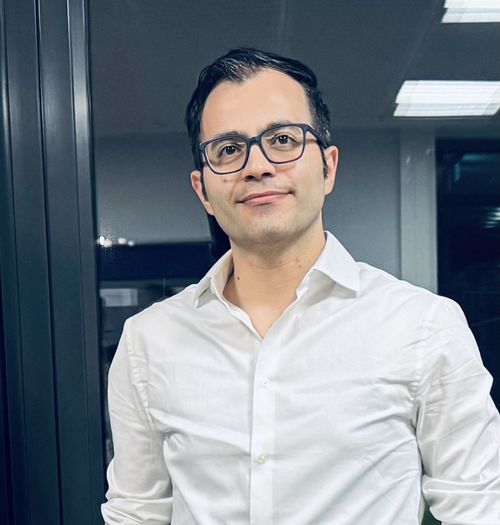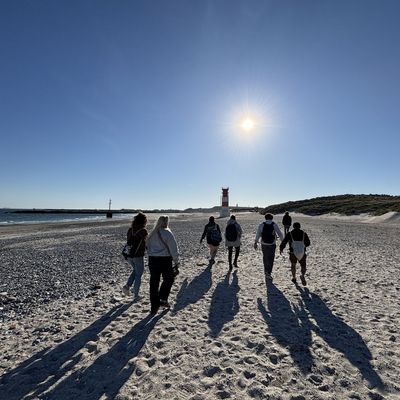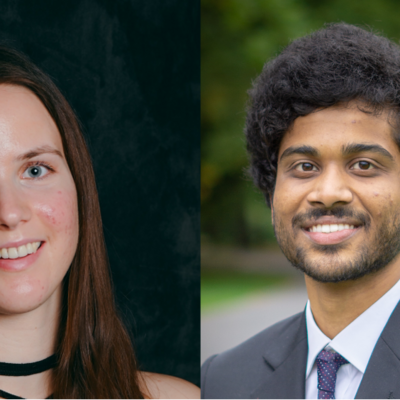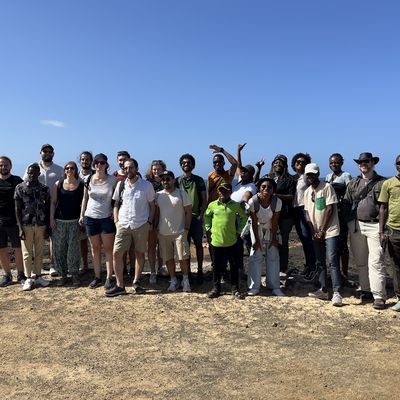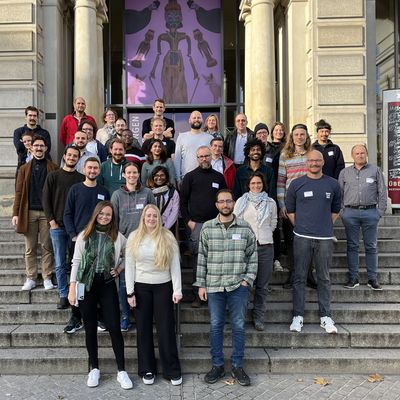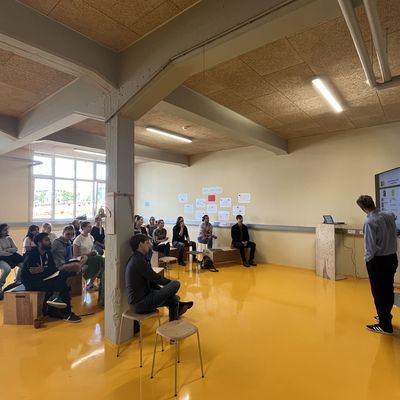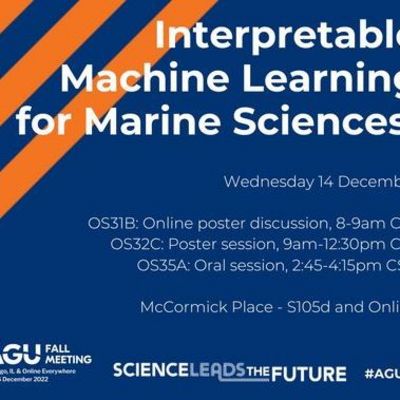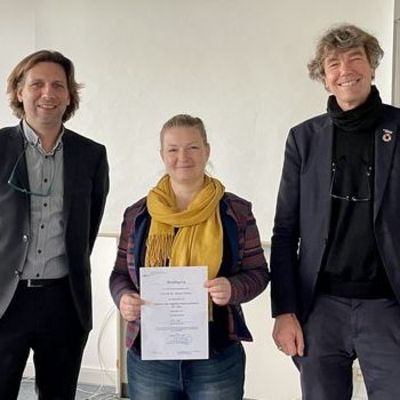From Research to Business: Talking with Faramarz Bagherzadeh

MarDATA researcher Faramarz Bagherzadeh has reached the finals of this year’s CAMPUSiDEEN competition in Bremen.
His business plan was selected among the top ten ideas and is now competing at the Digital Hub Industry. In our interview, he talks about his project, what drives him, and how research can open doors to entrepreneurship.
MarDATA: Could you briefly introduce your business idea and what problem it aims to solve?
Faramarz: To boost efficiency for German water companies, we can automate their bureaucratic reporting. Instead of engineers manually compiling massive 400-page reports from various sources, AI agents would be trained to read the necessary input documents and generate the initial reports. Human experts would then supervise and refine the output, ensuring accuracy while drastically saving time and standardizing the process.
Before we go in more details about your recent success, what motivated you to join MarDATA in the first place, and how has being part of this graduate school influenced your journey so far?
My time at NielsenIQ in 2022 was a deep dive into data and ML, which sparked my curiosity about applying these tools to engineering. I developed a hobby of reading SOTA papers and was fascinated by their scientific applications, which led me to apply for PhD positions. As an AI enthusiast, the advertised project at AWI immediately interested me due to its focus on machine vision. I ensured the position was a 100% TV-L 13 role before making the decision to leave my previous full-time, permanent position.
What motivated you to take part in this competition and inspired your business concept?
My own experiences with German bureaucracy, a known impediment to economic growth, led me to seek a solution. A pivotal moment occurred while discussing day-to-day pain points with my co-founder Farhad at a BRIDGE meeting. I realized my skills in AI development could effectively solve his specific problem, which served as the foundational insight for our company.
Attending the MarDATA seminar and observing the solutions presented by marine data companies was highly inspirational. It sparked my ambition to explore founding a similar venture, one that is academically-grounded yet focused on delivering practical products to the industry.
Faramarz Bagherzadeg, MarDATA Doctoral Researcher, AWI
You were selected among only 10 candidates for further training and competition in the finals at the Digital Hub Industry – what does this opportunity mean for you personally and professionally?
Getting selected among more than 100 businesses ideas feels really good. It means my ideas are actual and have the potential to become true. Consequently, I was invited to the pitch training sessions where I got to know other entrepreneurs and get help from business planning coaches and have the support of these people. I learned a lot and enjoyed the experience.
How do you see this business idea fitting into your long-term career plans — do you envision yourself continuing in academia, moving into industry, or perhaps blending both worlds?
I love academia, a week ago I celebrated reaching 1000 citations in my scholar page. However, I would like to apply science in industry so everyone can benefit from it. I would like to pursue both directions possibly.
Looking back, is there a moment in your time at MarDATA that you feel was especially important in shaping your decision to pursue this path?
Attending the MarDATA seminar and observing the solutions presented by marine data companies was highly inspirational. It sparked my ambition to explore founding a similar venture, one that is academically-grounded yet focused on delivering practical products to the industry.
What potential do you see in innovations in marine data science? In your opinion, how can they contribute to tackling broader environmental challenges?
With ever increasing the data in marine sciences, it is very likely that people with A.I. background could fit in and develop amazing ideas. However, it is important to think of something tangible so that it can immediately benefit others to produce value and money. Finding that niche idea is the bridge between academia and industry.

